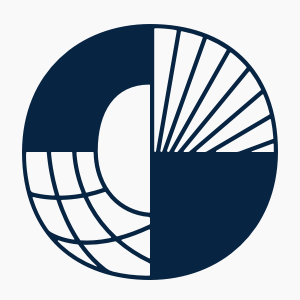Powerbrokers on all sides of the conflict between the Afghan government and the Taliban have stakes in large flows of resources — licit and illicit. War profiteers usually hide the sources of their wealth, so we can only speculate as to the scale and nature of these revenue streams. Afghan citizens spend a lot of time pondering where the money went, given that the country is mired in rising poverty despite decades of foreign assistance. International donors should be curious, too. Afghanistan faces urgent challenges, which may include troop withdrawals, shocks as a result of the novel coronavirus (COVID-19) and efforts to start peace negotiations. Navigating these challenges will require an understanding of the fortunes involved, and the political incentives generated by resource flows.
Learning about the serious money underpinning the war in Afghanistan had arguably been less urgent for international donors in previous stages of the conflict; Western policy-makers were focused on supporting the fledging Afghan government, and often confined their assessments of the political economy to narrow discussions of anti-corruption. Now, as the international community aims to support a peaceful settlement, this may be an appropriate time to consider the resource flows in Afghanistan more broadly. This paper represents a tentative step towards understanding the profits that contribute to the power of conflict actors, and discussing the outcomes shaped by those financial incentives.
